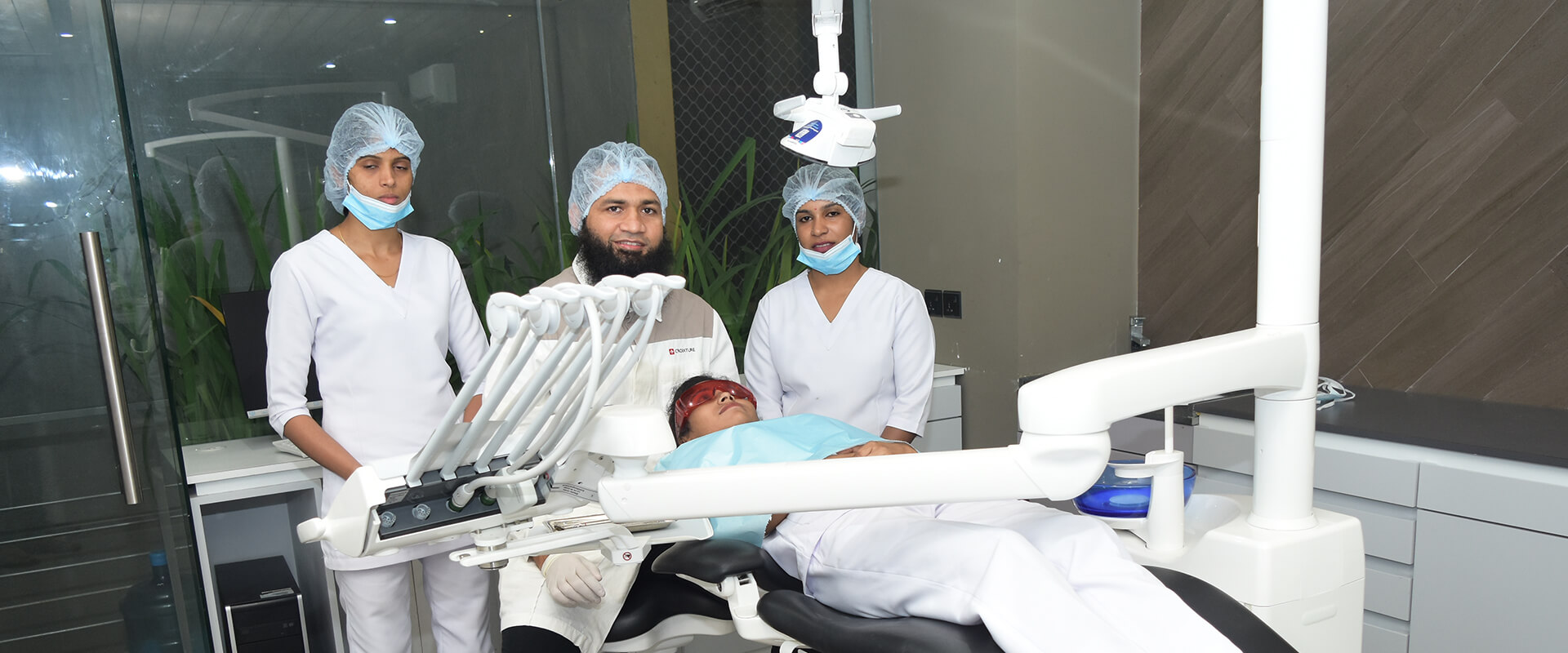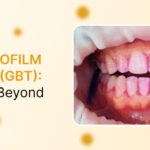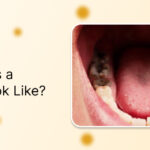What does gum line cavity mean?
Cavity is the most common dental problem that affects many people. According to the National Oral Health Survey of India, 69.3 percent of people suffer from tooth cavities (in the 35–44 age group). It can form anywhere on the teeth.
Many people do not know the difference between gum line cavities and other types of cavities.
This blog will explain to you in detail what gum line cavities are, what causes them, and how to treat them.
What is gum line cavity?
A gum-line cavity is one of the common dental conditions that affect the space between the gums and the teeth. Usually, this occurs if the root of a tooth gets exposed as a result of receding gum tissue, leaving them vulnerable to tooth decay or severe toothache. It is caused by pressure on these sensitive places.
In some cases, the gum line might develop cavities that reach the crown and the root.
However, a more extensive treatment might be required to prevent the cavity from growing larger.
Read More…Why does coffee make your mouth dry?

For many individuals worldwide, a morning would only be complete with a cup of coffee. As the drink has a stimulating impact on people because of its caffeine content, many people would love to begin their day with this drink. This blog article is for you if you are one of such persons.
You might sense a sort of dryness in your mouth after having a cup of coffee. Right?
Here, our dentists have clearly explained the link between such a drought sensation in the mouth triggered by caffeine. Keep reading to get tips to tackle this problem.
Read More…Everything You Need to Know About Teeth Pulpotomies
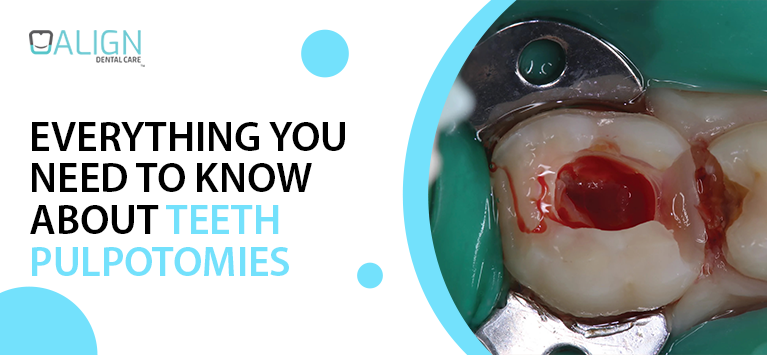
A pulpotomy procedure involves removal of coronal pulp while trying to preserve the health of the remaining radicular pulp tissue.
It is one of the most widely used methods to save infected, decayed teeth. Your dentist might recommend it if you or your child has a severe cavity and pulpitis, an inflammation of the pulp inside the tooth.
What is meant by Pulpotomy?
Read More…What is sleep apnea? Symptoms and exercises to fix this problem

Sleep apnea is a condition where the person’s breathing stops or repeatedly starts during sleep. You may experience daytime sleepiness and loud snoring.
People with sleep apnea are most likely to have obstructive sleep apnea.
This usually occurs when the upper airway is blocked. The second type of sleep apnea, called central sleep apnea, is caused by a problem with the nervous system. This can happen briefly, but it will repeatedly occur in sleep. They may then snort or take deep, shallow breaths.
Untreated sleep apnea can causes complications like heart disease or depression. You may feel drowsy, and this increase your risk of being involved in an accident while driving or at work.
Read More…All you need to know about tooth nerve damage
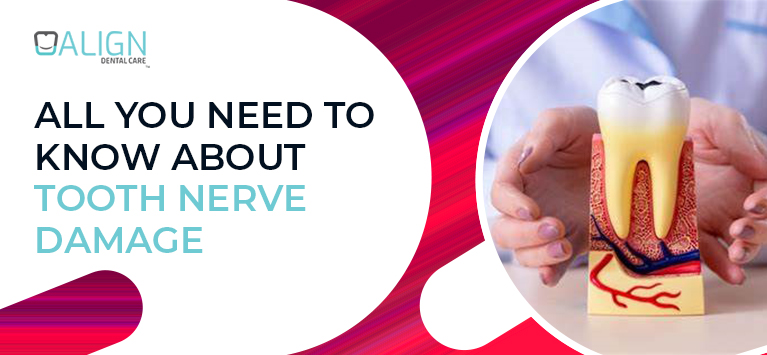
The nerves of a tooth are located in a vascularized connective tissue called pulp chamber in the centre of a tooth. Damage in the nerves surrounding a tooth is due to dental trauma or improper dental procedures; its aftereffects like burning sensation, numbness, and others are either temporary or permanent.
How does tooth nerve damage happen?
Unexpected dental injuries like deep cracks that extend to a tooth’s pulp chamber and constant pressure from teeth grinding and clenching expose the injured tooth’s nerve endings. Thus various external stimuli acquire a way to access the tooth nerves. They frequently strain, irritate the nerves and eventually lead to severe damage to the nerve fibres.
On rare occasions, badly executed dental operations like putting fillings close to the nerve endings, placing implant posts longer than they should be, and faulty pulp chamber closure during endodontic procedures can also damage a tooth’s nerves.
Read More…What everybody ought to know about dental fissure sealants?
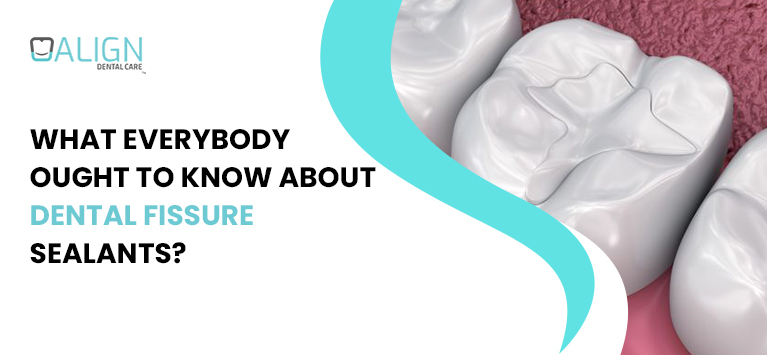
Dental fissure sealants are clear composite resins and are primarily made up of glass ionomer. These sealants are used as a preventative dental treatment to protect molar and premolar teeth from developing pits & fissure cavities.
When you look at your molar teeth, they have groovy lines called fissures. Simultaneously, pits are also present. Such pits and fissures form the chewing surfaces of molar teeth. The deep grooves allow the food particles stuck and accumulate there. Meanwhile, the base of those grooves is inaccessible to toothbrush bristles.
In such cases, food debris and microbes pile up, followed by causing plaque build-up, cavities, etc. The pits and fissures increase the risk of cavities however impeccable your oral hygiene activities are.
This is where fissure sealants are required. The role of this thin coating material in safeguarding our teeth is explained in this blog article.
Read More…Dental cysts – Everything you need to know
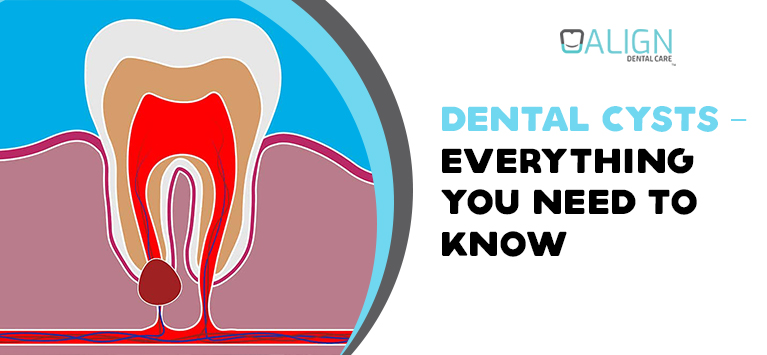
Dental cysts are defined as closed cavities filled with a fluid-like material. Such fluid-filled sacs are typically formed and develop gradually around the jaw bone, and gums near the crown of a partially erupted tooth, especially molars and canines.
Teeth are more delicate in their development stage than erupted teeth, making the unerupted teeth more susceptible to dental cysts.
Even though dental cysts are harmless in most cases, they will lead to serious complications if the closed-off cavities (cysts) remain untreated. It is asymptomatic in its initial stages but it exhibits a variety of symptoms when the cysts grow more than 2 centimeters in diameter.
Read More…What is meant by Socket Bone Grafting?
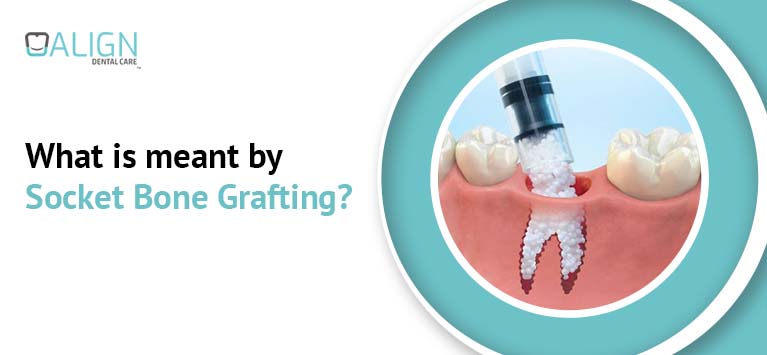
Socket graft (or) Socket preservation graft is a form of dental bone grafting procedure. It is used to protect the empty socket after extracting a tooth. The socket is a bony crypt in the jaw surrounded by connective tissues to anchor a tooth. When a tooth is removed surgically, the bone around the empty socket gradually deteriorates, causing jaw bone loss.
Socket preservation is designed to protect and even rebuild the bone in such empty tooth sockets.
Read More…6 relaxation techniques to reduce pain in your jaw
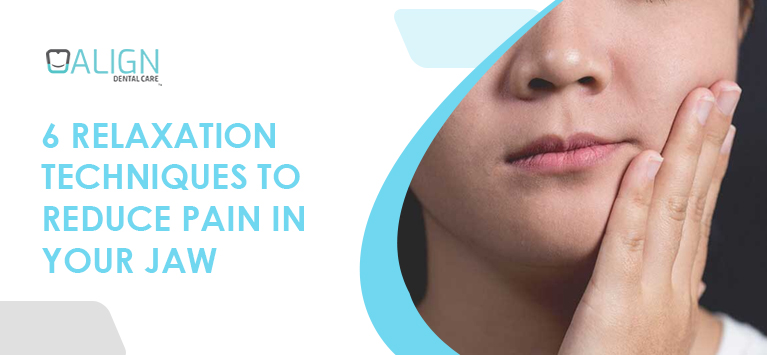
Pain, soreness, or tightness in the jaw is a brutal thing. They cause much discomfort and make regular oral activities such as chewing, swallowing, and even opening/closing moth a tedious thing. Stretching your jaw too much is the root cause of such problematic conditions in the jaw whereas numerous factors push everyone to stretch their jaw excessively.
Once the underlying cause is identified, you can get the right solution to get rid of the jaw pain. Until you visit your dentist, various relaxation techniques will provide you with short-term relief.
Here our dentists have explained some effective ways to relax your jaw muscles to get jaw pain relief for a short while.
Read More…How do smokeless tobacco products affect your dental health?
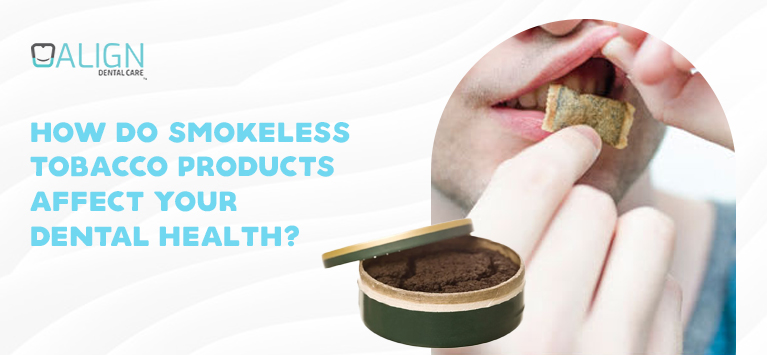
“Chewing tobacco is not additive like Cigarettes”, “Smokeless tobaccos are not much worse because we do not inhale it”
Do you believe these things? If Yes, this post is for you, friend. These are the common misconceptions regarding smokeless tobacco. If you don’t smoke cigarettes but consume smokeless tobacco like snuff, snus, dip, gutka, mawa, tobacco gum, or other forms, they also have a wreck on your health. Your dental health is not an exception.
Our dentists have explained chewing tobacco’s havoc on your oral cavity. Keep reading.
Read More…




